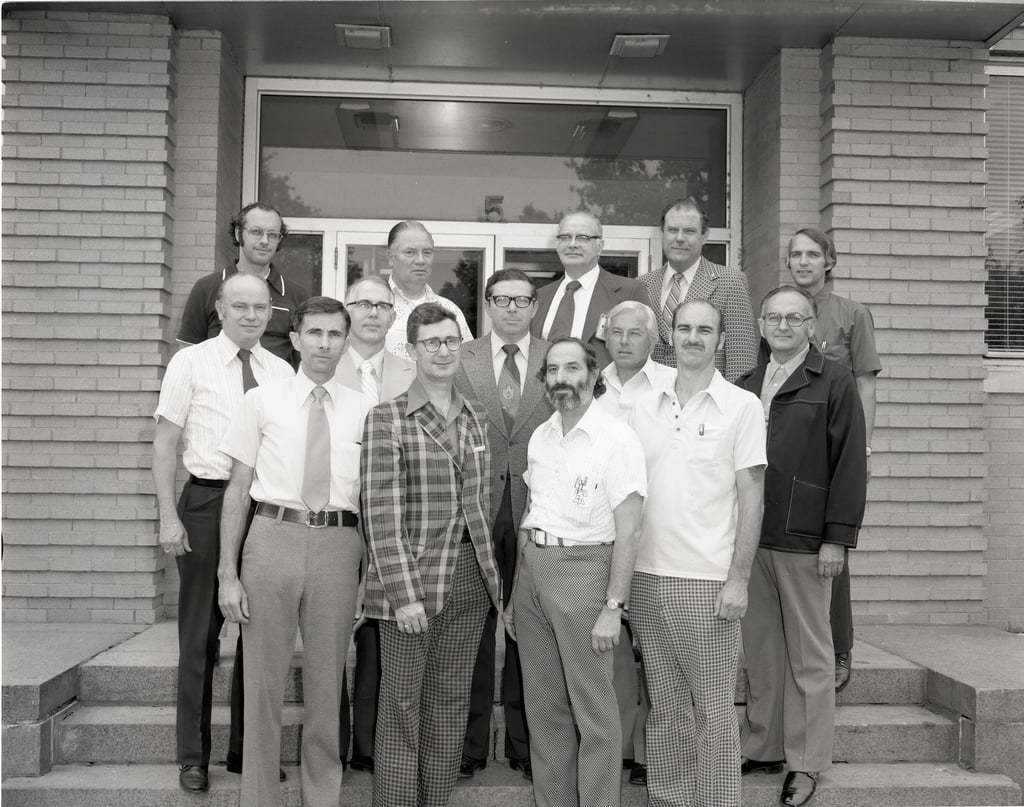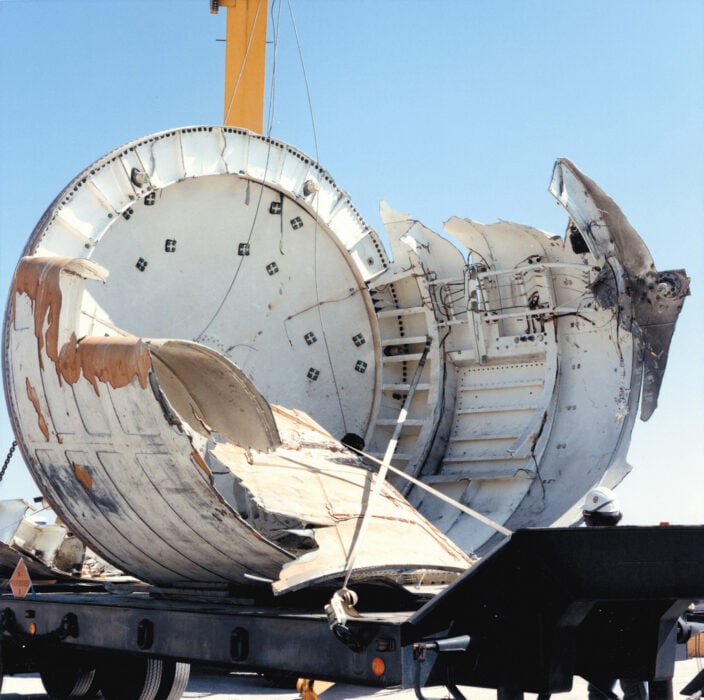Algorithm shifts, follower fatigue, and unclear branding can quietly undermine even viral online accounts

Even the most popular online accounts can lose traction when key signals get overlooked. From sudden algorithm changes and content oversaturation to inconsistent posting and declining audience interest, multiple factors work together to erode engagement over time. Experts at IEEE and MIT note that adaptability and authenticity are essential in maintaining digital visibility. Recognizing these hidden forces helps account owners refine their strategies, preserving trust and staying relevant in an ever-changing platform landscape.









